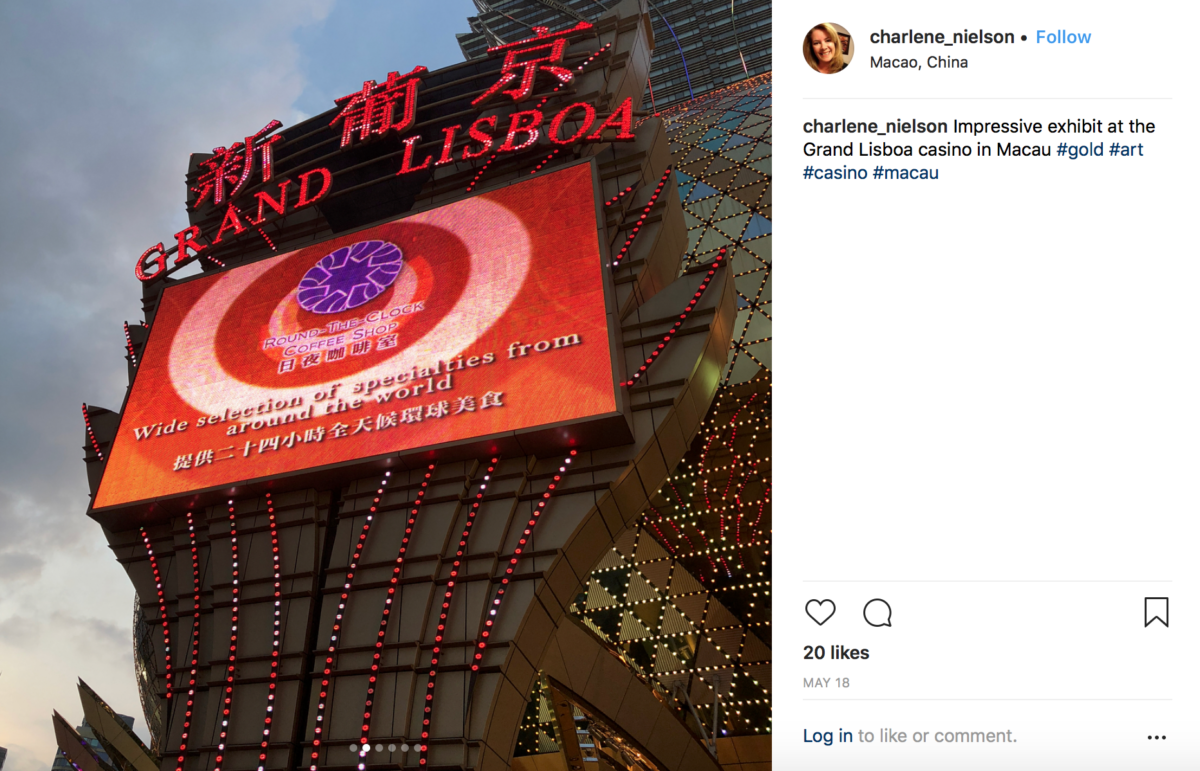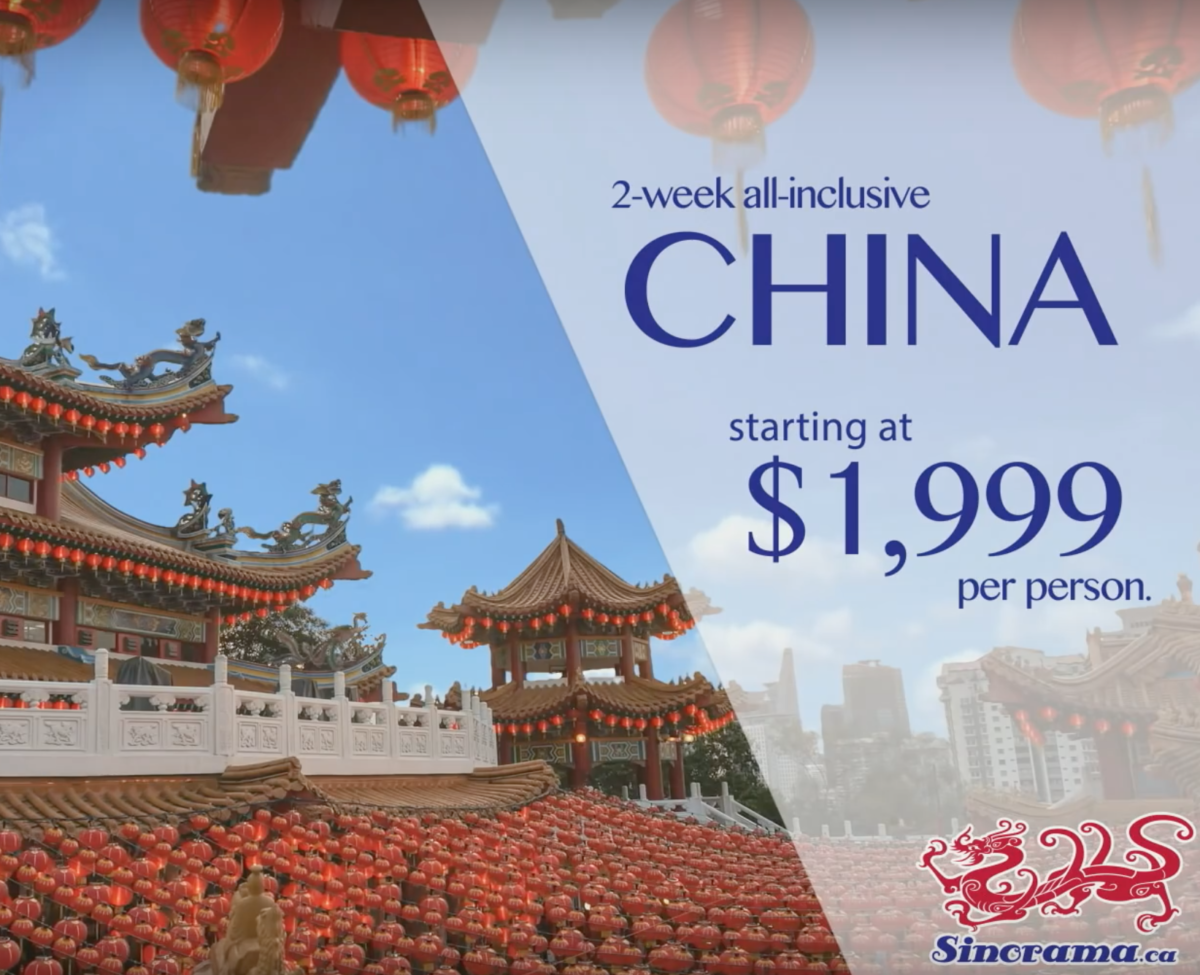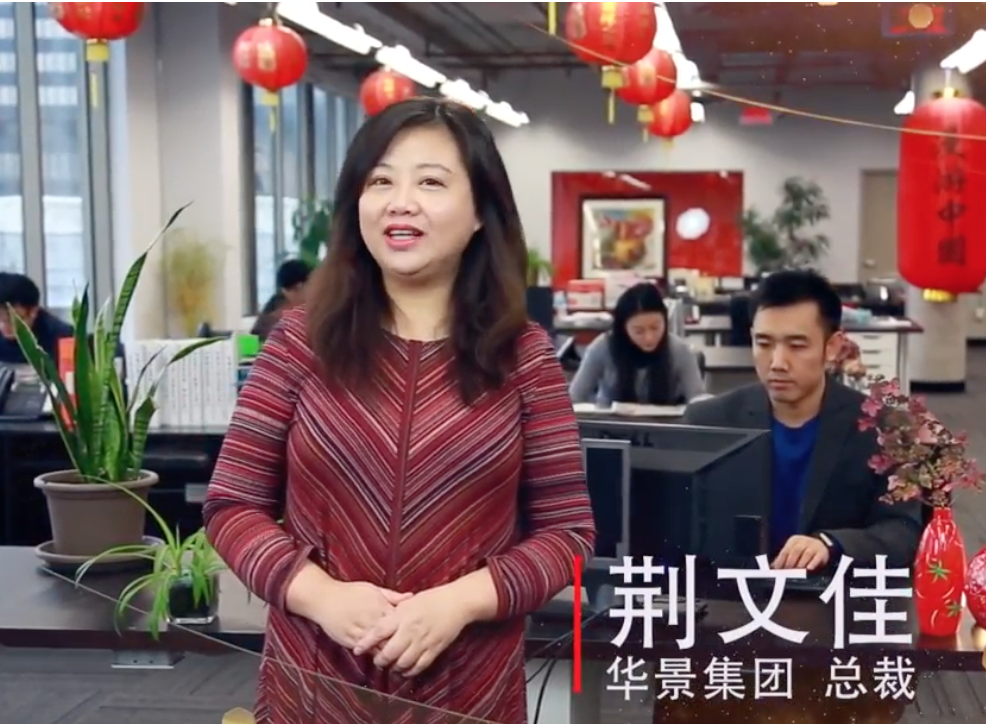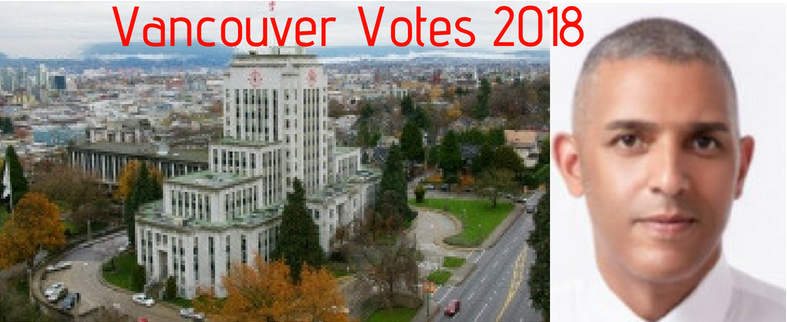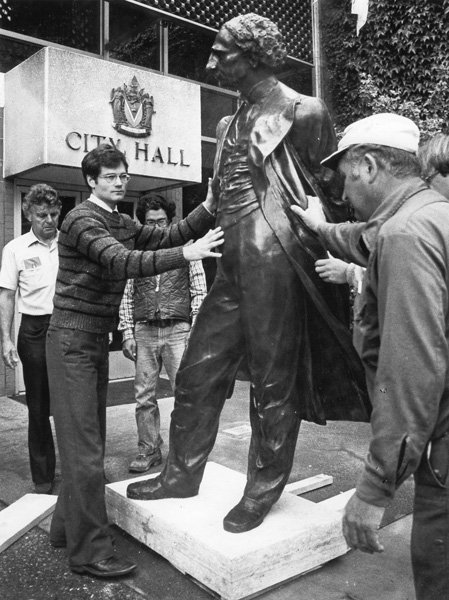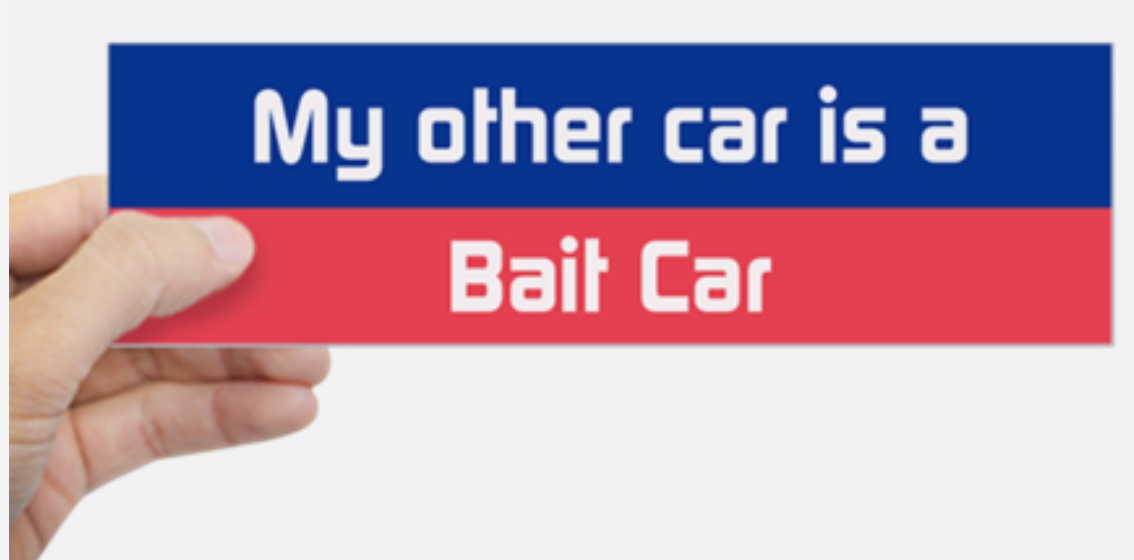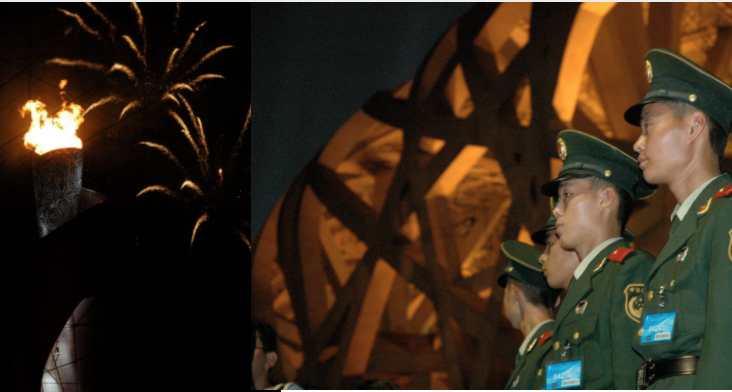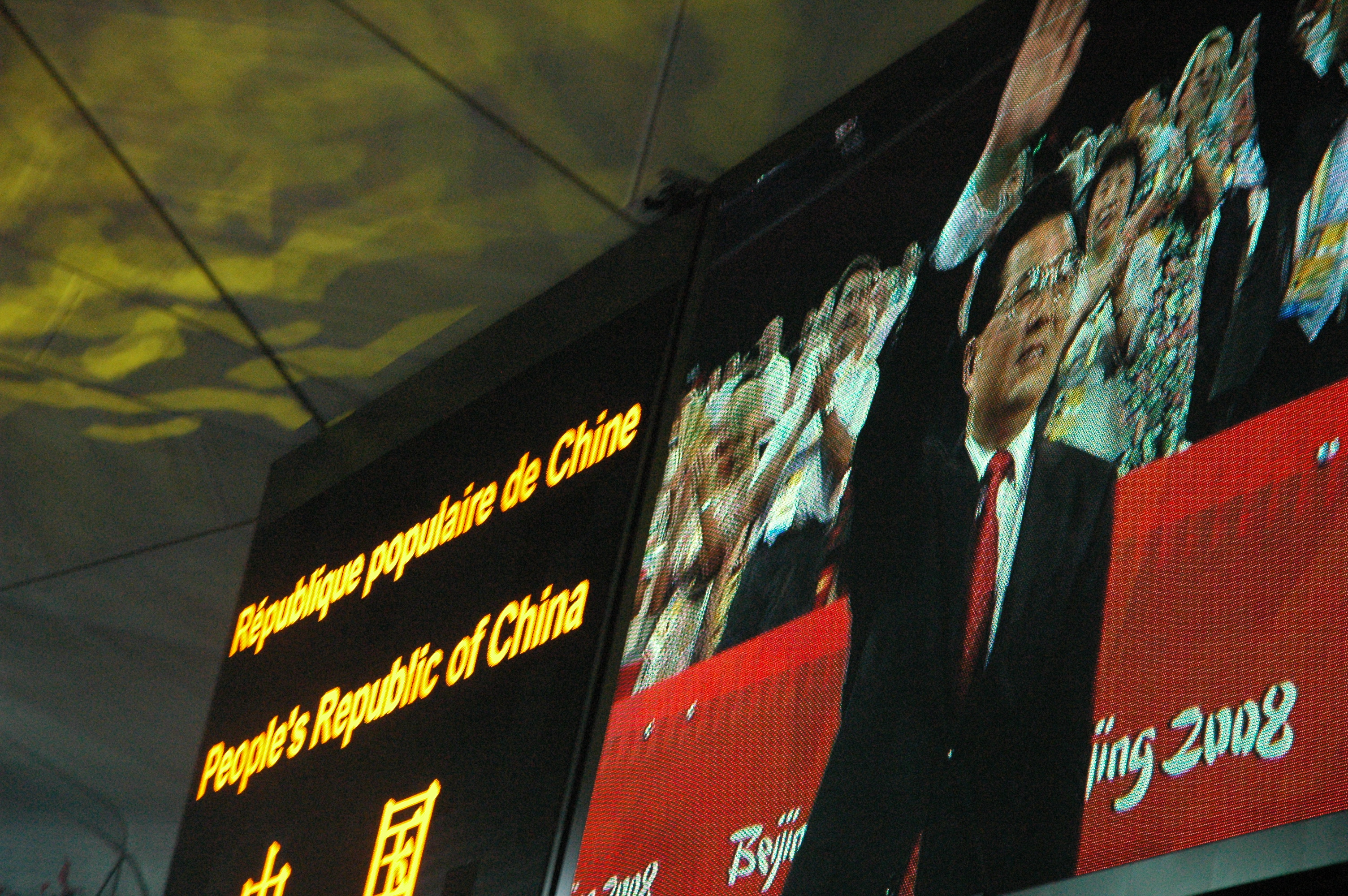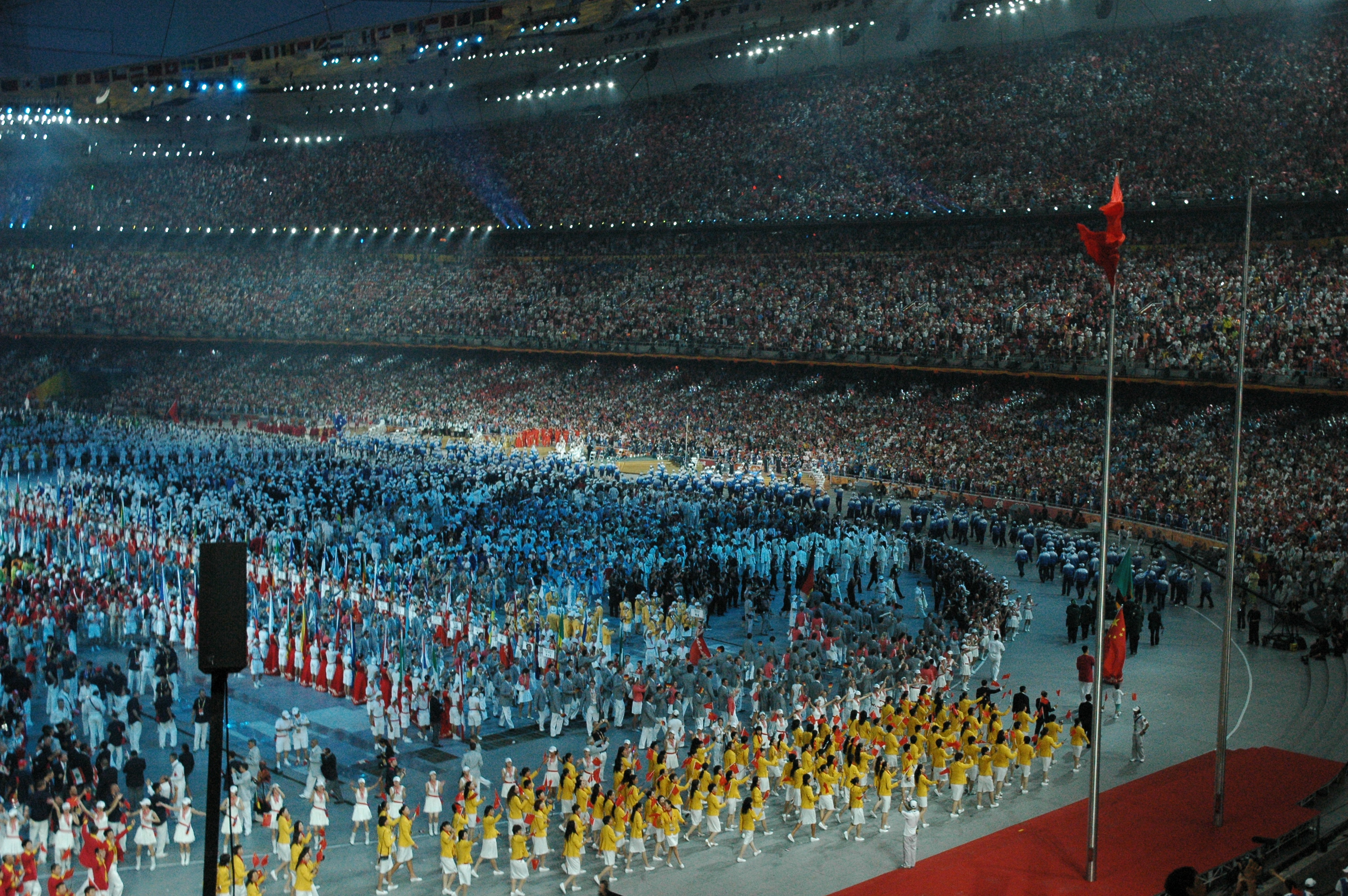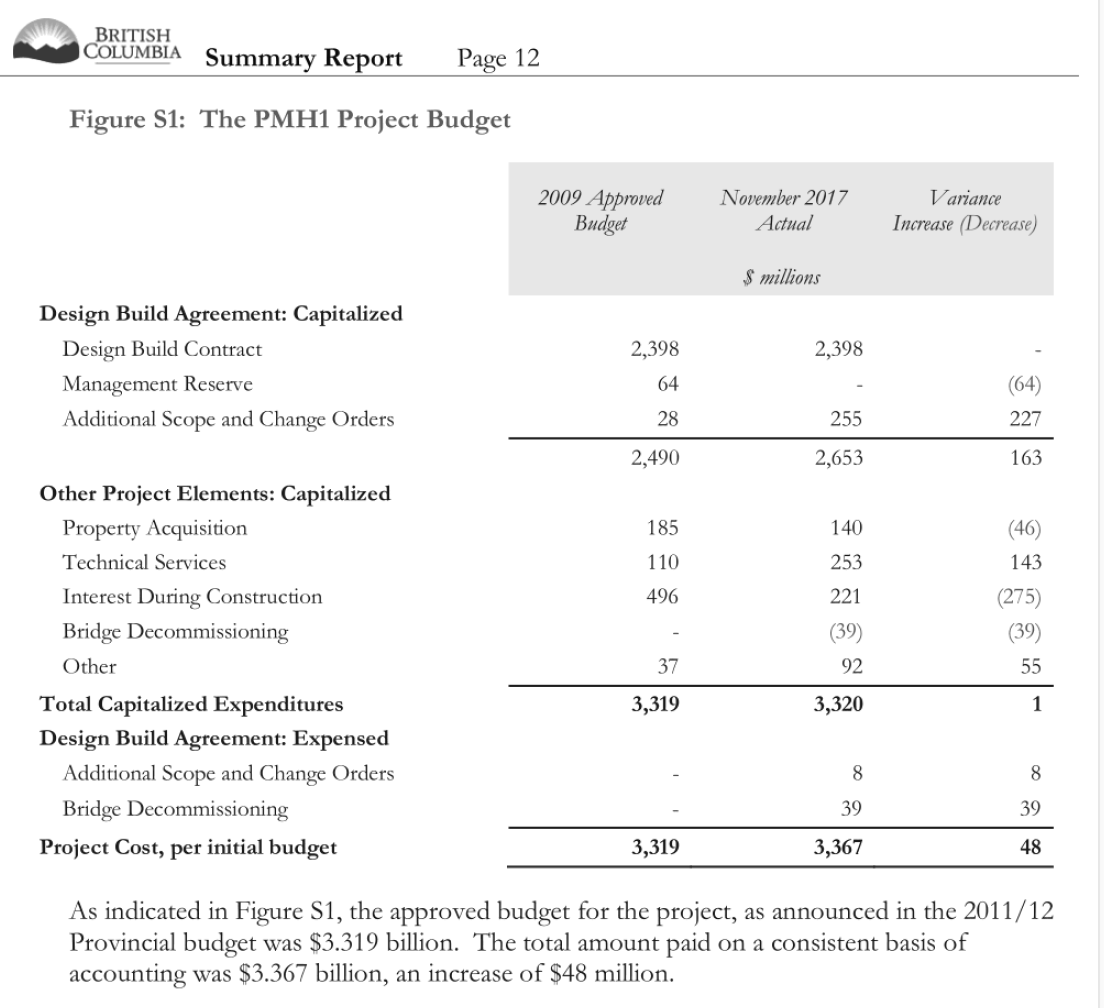Exclusive: BCLC quartet embarked on a Macau junket, amid the Asian money laundering scandal at B.C. casinos
Bob Mackin
B.C. Lottery Corporation sent four senior managers to China’s gambling haven for a convention in May, while under a cloud of controversy from the casino money laundering scandal.
Vice-president of casinos Brad Desmarais was supposed to join them on the junket to Macau, but a BCLC covering letter said his travel plans were cancelled for unforeseen circumstances outside of his control.
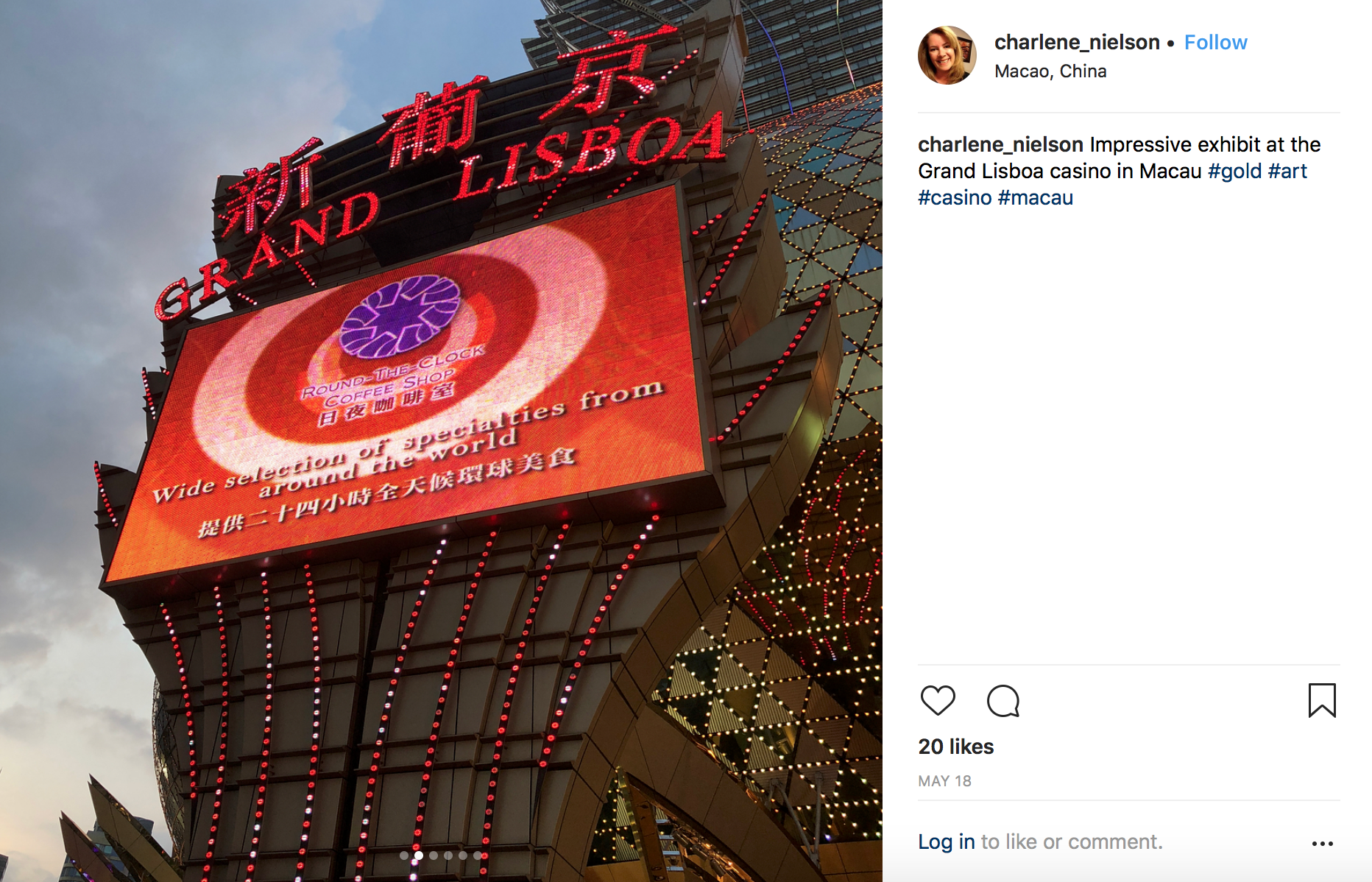
BCLC marketing director Charlene Nielson visited the Stanley Ho-owned cornerstone of the Macau casino industry (Instagram)
Together, Charlene Nielson (marketing and product management), Garth Pieper (casino operations), Jerry Williamson (gaming facilities and development) and Darren Jang (casino product management) spent $18,913.93 on flights, ferries, accommodation, meals and per diems for the May 9 to 20 junket, according to records released to theBreaker under freedom of information.
BCLC was stuck with $1,570.94 in non-refundable hotel fees after Desmarais cancelled his trip.
Desmarais wrote a March 19 memo to CEO Jim Lightbody seeking approval for the entourage to attend Global Gaming Expo Asia, aka G2E Asia, to “explore opportunities to adopt/improve a culturally appropriate gambling/entertainment player experience in appropriate facilities as well as supporting the casino long term growth strategy.”
BCLC and its casino operating partners have been criticized for already offering a player experience that caters heavily toward Asian “whale” gamblers, some of whom have used B.C. casinos to launder money. Anti-money laundering expert Peter German’s June-released, Dirty Money report said that Metro Vancouver is a key hub for transnational money laundering that is linked to the real estate business and illicit drug trade. On May 25, RCMP arrested Dan Bui Shun Jin, who has Australian and Chinese citizenship, in the hotel at River Rock Casino Resort. He is alleged to have laundered $855 million through casinos in Australia, is under investigation in Macau and was sought by U.S. authorities for fraud in Nevada.
The Desmarais memo said G2E Asia is one of the largest gambling conventions in the world “and showcases technologies and innovative approaches not necessarily available in North America.”

Clockwise, from upper left: BCLCs Williamson, Nielson, Pieper and Jang LinkedIn)
The BCLC entourage planned to meet with service providers and share experiences and strategies, and to learn about a variety of topics, such as chip tracking, use of casino cheques, use of currency and associated controls, innovative signage and integrated entertainment strategies. They were also scheduled to tour four major casino properties in the former Portuguese colony and attend an all-day workshop on innovation and the future of the casino industry with Ernst and Young’s global gaming team.
The convention, organized by a Shenzhen, China, company, featured keynote speakers Lawrence Ho, chair of Melco Resorts and Entertainment, and Paulo Martins Chan, the director of gaming inspection and coordination for the Macau Special Administrative Region government.
Ho is the Canadian-raised son of Macau gambling tycoon Stanley Ho.
In 2017, Desmarais, Lightbody and BCLC security vice-president Robert Kroeker attended the G2E conference. They spent almost $16,000 on flights, hotels and meals, according to records obtained by theBreaker.
theBreaker was first to report that criminology professor John Langdale warned an Australian police intelligence conference last November about the “Vancouver model” of money laundering. Langdale told the conference that the “Vancouver model” involved transnational drug trafficking and capital flight from China, gambling in B.C. casinos and investment in Canadian real estate. Key to the scheme are criminals in B.C.’s Chinese sister province Guangdong, and nearby Hong Kong and Macau.
Lightbody is on vacation until late August. Sarah Morris in the BCLC media office said by email that BCLC staff “bring new learnings and business connections back to B.C. to improve further the gambling and entertainment experience for players.”
Support theBreaker.news for as low as $2 a month on Patreon. Find out how. Click here.
18-076 Record – G2E Asia 2018 .pdf by BobMackin on Scribd
Bob Mackin B.C. Lottery Corporation sent four senior






